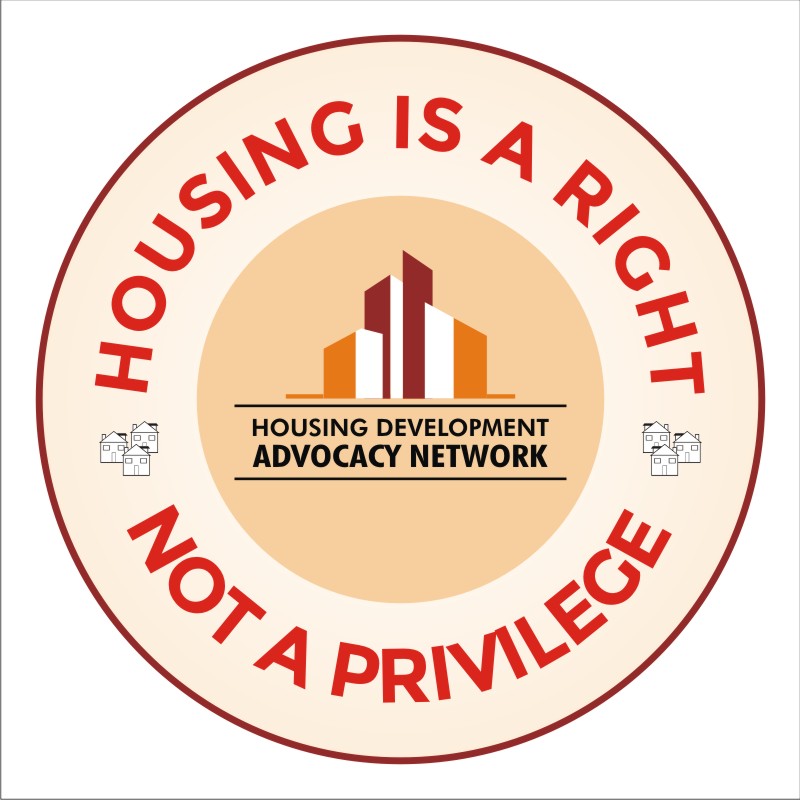
What is the Difference Between a Modified Gross Lease and a Triple Net Lease?

If you're a small service owner, you'll most likely need to deal with renting office space, storage facilities, and other sort of realty in your business. And earlier or later, you face the concern: what is the difference between a modified gross lease and a triple net lease? That's due to the fact that these are the two typical industrial leases.

But since the cost-sharing between tenant and landlord differs in these kinds of leases, you ought to know these nuances before you sign an arrangement. So read this article to make certain your offer turns out to be a good one.
Modified Gross Lease vs. NNN
Firstly, it deserves determining the crucial points in between the leases gone over here. NNN presumes that occupants are accountable for the lease and all the operating expense associated with the residential or commercial property. The terms of a customized gross lease are to pay a few of the functional expenses. Next, we'll break down what each term implies.
Why does a triple net lease get that name? Very merely. It's all about 3 business expenses: insurance coverage, residential or commercial property taxes, and maintenance. A triple net lease is likewise typically associated to a net-net-net lease.
This sort of lease resembles a common domestic gross lease, which includes the property owner paying all operating costs. The occupants pay part of the business expenses in a modified gross lease. As the occupant, you likewise should spend for energies and cleaning company, as they are everyday costs paid under this lease.
You can pay these expenses directly, or you can pay your property owner's real or approximated expenses. What then does the residential or commercial property owner spend for? First, they pay for taxes, insurance coverage, and building upkeep expenses to the degree of the modified gross lease.
How About an Example
Owners who lease the area of shopping mall and store structures insist on triple-net leases most of the times. Here's an example: a commercial realty developer pays to erect a structure (a beauty parlor, coffeehouse, or toy shop) on his residential or commercial property. In doing so, he utilizes the drawings and design requirements of the owner of this residential or commercial property.

You, as the tenant, have to sign a long-lasting lease, which includes paying taxes, insurance coverage, and the majority of the operating costs. Residential or commercial property owners typically use a customized gross lease for existing detached structures or office complexes.
Pros and Cons
Nothing in this world is perfect, and every coin has two sides. This guideline also uses to a customized gross lease and NNN, which have actually blended outcomes for property managers and occupants alike.
Benefits for All Parties
Regarding triple net leases, they are very useful for little service owners. Why is that? You do not require to invest capital in property and construction costs. Instead, business uses its investment in the core organization. The occupant supervises the residential or commercial property's upkeep, enhancement, and look. A triple net lease allows the residential or commercial property owners to focus on their core service instead of being associated with the expenses and issues associated with preserving the residential or commercial property.
NNN has a considerable benefit for some small service owners. First, it alleviates the property owner of responsibility for preserving the building. Thus, it offers total occupant control over the costs paid. The proprietor, in turn, can keep control of his residential or commercial property. This way, property owners keep the residential or commercial property in good condition and avoid misunderstandings with dishonest occupants.
Drawbacks for All Parties
When it comes to cons, triple net leases bring the threat of higher residential or commercial property taxes and insurance coverage for the renter. Of course, this hazard is only potential however extremely genuine. As a tenant, you also need to pay the expenses of maintaining the building. In addition, you may be accountable for many injuries that occur on the residential or commercial property. For instance, you'll be accountable if a customer's kid breaks their leg by tripping on an unequal sidewalk.
With a customized gross rate, the residential or commercial property owner can increase their operating costs when identifying the rental rate. It follows that the renter will overpay for some expenses. The occupant might likewise risk a deceitful proprietor won't keep the residential or commercial property in excellent condition. And this can't assist however affect the occupant's organization.
Last More Tips
And in the final paragraph of this article, we must discuss some renter defaults on rent payments given that these are everyday situations all landlords deal with. The celebrations to the agreement hardly ever handle to settle such a conflict amicably. What should the property manager do to secure his interests in such a circumstance?
Landlords can use a down payment to secure themselves. It ensures that the occupant pays rent on time, repays all the damages, and pays penalties if the agreement is breached. For this purpose, numerous conditions should be defined in the agreement:
✔ The quantity of the payment and the term for making it;
✔ The circumstances under which it is set off;

✔ The conditions for its return.
The agreement typically specifies that the advance can at the same time be used as a lease payment. For example, the parties concur that the owner can use the occupant's advance for the last month of the lease to compensate for his losses or forfeit.
Upon contract termination, the occupant needs to return the residential or commercial property to the owner in its original condition, thinking about regular wear and tear. In addition, the facilities must be without the occupant's residential or commercial property (often, the celebrations specify this in the agreement; the courts take a similar position). The overlook of this guideline by renters typically assists owners safeguard their interests.
Thus, if a disagreement occurs, the landlord will trigger the quantity of the advance to pay the financial obligation and after that need the tenant to pay the last month's advance again. The owner should draw up the contract with the occupant effectively, thoroughly keep all rental files and prevent unjust habits or abuse of the right on his part.
Any business genuine estate lease can have two sides. All of it depends upon the particular scenario. For example, for little companies, NNN is extremely advantageous. For landlords, a customized gross lease has considerable benefits given that it permits them to keep control of their residential or commercial property. But again, all of it depends upon the specific situation and business specifics.









